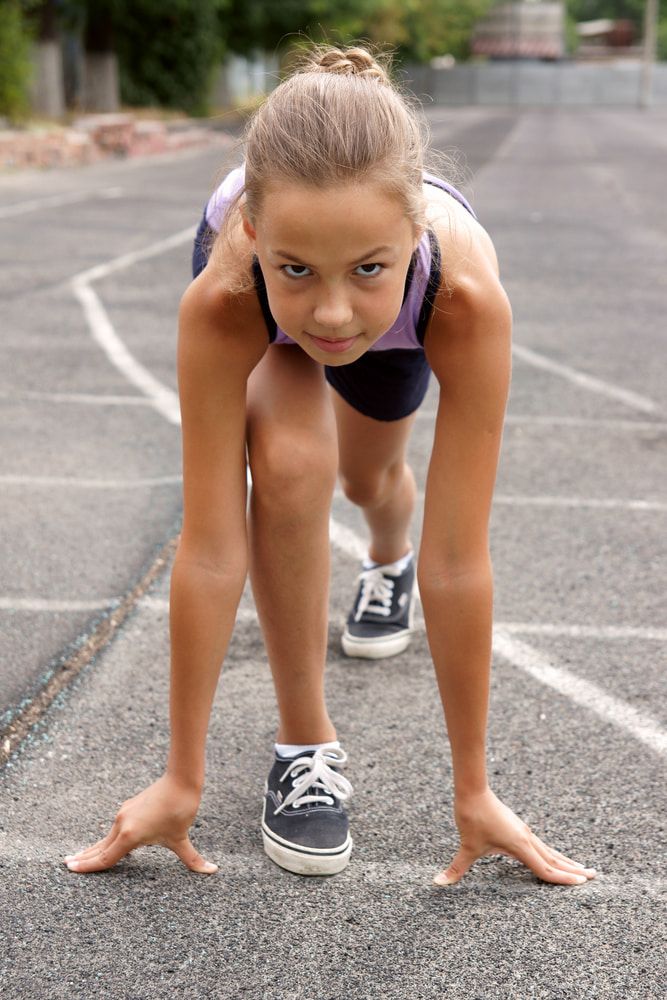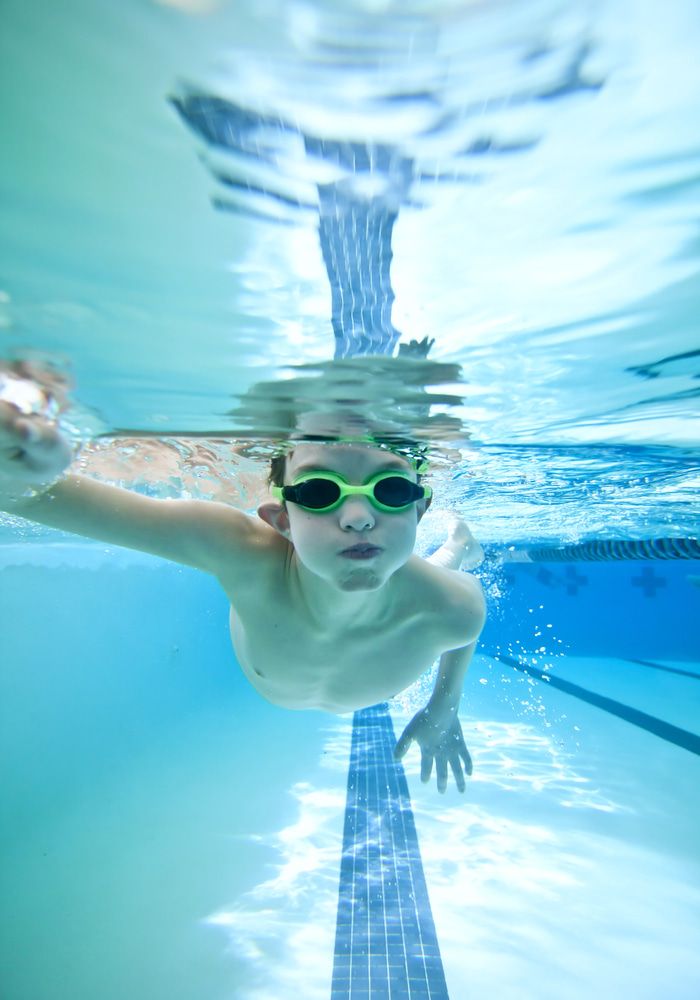5 Ways to Help Your Kids Overcome Sports Fears
updated on Dec 20, 2018

Sports at school are a great way to keep kids fit and healthy. But what can you do if your child feels anxious about taking part?
Sports at school are full of all kinds of surprises. Some can be fun and exhilarating and others can be stressful and embarrassing. Navigating a PE lesson can be challenging.
We all want our children to enjoy school and everything it has to offer, including sports lessons. But what do you do if your child is scared of sports? Maybe you’ve noticed that they’re anxious on mornings when they’ve got a sports lesson at school, or maybe they seem stressed because they’ve been doing a certain sport for a few weeks in a row.
It’s not uncommon for kids to feel anxious about doing sports at school. They’re at a tender age when there are all kinds of pressures, but kids are also extremely resilient. As a parent, there are lots of things you can do to help your kids overcome common sports fears and enjoy sport to the full.
1. Pursue positivity
A fear of something, including sport, will also come with a cloud of negativity. You may find that your child is full of self-doubt and often says things like “I can’t do it” or “I’m not good enough”. This kind of negative language manifests itself as stress and nervousness. It’s crucial, if you want your child to overcome their fear, to turn this language around into something positive.

One easy way to help with this is to come up with a short mantra. This can be a small phrase that your child can easily remember when they’re feeling scared. Something like “I am strong” or “I know I can do this”. By repeating this short mantra, they’re beginning to turn the negativity into positivity and this will help to build their confidence.
2. Create an inner calm
Help your child by teaching them how to create their own calmness. Techniques such as visualisation and breath control can be really beneficial here. Visualisation can be practised at home as well as before the sports activity. The key here is to teach your child to visualise themselves doing well and succeeding during sports. By doing this, they’re filling their mind with a positive outcome rather than fixating on the fear.
Breath control is also an effective way of creating a calm atmosphere. Rapid breathing is a physical side-effect of fear, so getting this under control not only helps to decrease the symptoms of fear but it also distracts the mind. By focusing on their breathing, your child is blocking out their surroundings and is taking control of their own actions. This is often a very rewarding exercise and, again, can be practised at home.
3. Enjoy a Relaxed Environment
If your child appears to be finding it difficult to enjoy sports offered at school, or maybe they dislike the competitive element of sports activities, try introducing them to a friendlier and more relaxed environment. Finding a club that takes on a more enjoyment-based approach could be just the right fit for your child.
A youth sports club that offers a mix of different physical activities will bring diversity to your child’s exposure to sports. By introducing them to different activities, this increases their chances of finding a sport that they like and enjoy. A club setting also takes away from the more competitive aspect of sport and reinforces the benefits and fun sport can bring to everyday life.
4. Practice Makes Perfect
It may be the case that your child develops a fear of sport because it may not come naturally to them. Every child is different and has their own strengths and weaknesses. When it comes to activities that are more challenging, it can be difficult to motivate them to have a go. Especially in a sports environment, performing in front of others can cause further stress and nervousness.

As a parent, you can help out by practicing basic sports skills with your child. Turn something that they dislike into a game, or a fun and safe environment. Start with just you and your child in the garden, playing with a football or catching a tennis ball. As they begin to develop their skills and enjoyment, introduce another person, maybe a family member or friend, and expand the group playing the game. This will help your child to become comfortable around people when they are doing more sport-based activities.
5. One-to-One Wonders
Often children worry that they’re not as good as their peers at sport, or they’re overwhelmed by how much activity and people are around them. If this is the case, try offering your child the option of some personal coaching.
For example, swimming is often an activity that many of us are taught from a young age. This typically involves going to a class with children of a similar age and learning in a group setting. This may not be the best fit for your child, so try offering them some private swimming lessons so that they can learn this important life skill in an environment they feel comfortable in.
There’s so much that you can do to support your child if they have a fear of sports. Sometimes a little reassurance and positivity is all they need to feel confident enough to get out there and have a go!
The article was produced in collaboration with Foxhills Club & Resort in Surrey.

